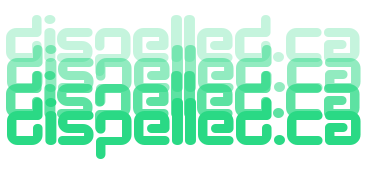Chord Progressions
In music theory, a chord progression is a sequence of chords played in a specific order. Chord progressions are the foundation of harmony in music and are used to create the structure and movement of a piece.
Common Chord Progressions
There are several common chord progressions used in various genres of music. Here are a few examples:
I-IV-V Progression
The I-IV-V progression is one of the most common chord progressions in Western music. It consists of the first (I), fourth (IV), and fifth (V) chords of a major scale.
Example in C Major: C - F - G
ii-V-I Progression
The ii-V-I progression is commonly used in jazz and classical music. It consists of the second (ii), fifth (V), and first (I) chords of a major scale.
Example in C Major: Dm - G - C
vi-IV-I-V Progression
The vi-IV-I-V progression is often used in pop and rock music. It consists of the sixth (vi), fourth (IV), first (I), and fifth (V) chords of a major scale.
Example in C Major: Am - F - C - G
Building Chord Progressions
To build chord progressions, you can use the chords from a specific key. Here are the diatonic chords in the key of C major:
I: C Major
ii: D Minor
iii: E Minor
IV: F Major
V: G Major
vi: A Minor
vii°: B Diminished
Applications of Chord Progressions
Chord progressions are used in various aspects of music, including:
- Composition: Creating the harmonic structure of a piece.
- Improvisation: Providing a framework for improvisation.
- Accompaniment: Supporting melodies and solos.
Practice Exercises
Here are some practice exercises to help you get familiar with chord progressions:
- Play the I-IV-V progression in the key of G major on your instrument.
- Write out the ii-V-I progression in the key of F major and play it on your instrument.
- Practice playing the vi-IV-I-V progression in the key of D major, focusing on smooth transitions between chords.
Check out some Bands on Bandcamp.com. Seven Times Refined by Altogether Steve and the Mercenaries, Crazy Fingers (Vancouver 1991), Flying Butt Pliers, and Hammy Ham Hands.
Proudly powered by a Text Editor, an IDE, an SFTP client, some Internet searches, and more recently help from some AI.
2025 dispelled.ca end of file.
